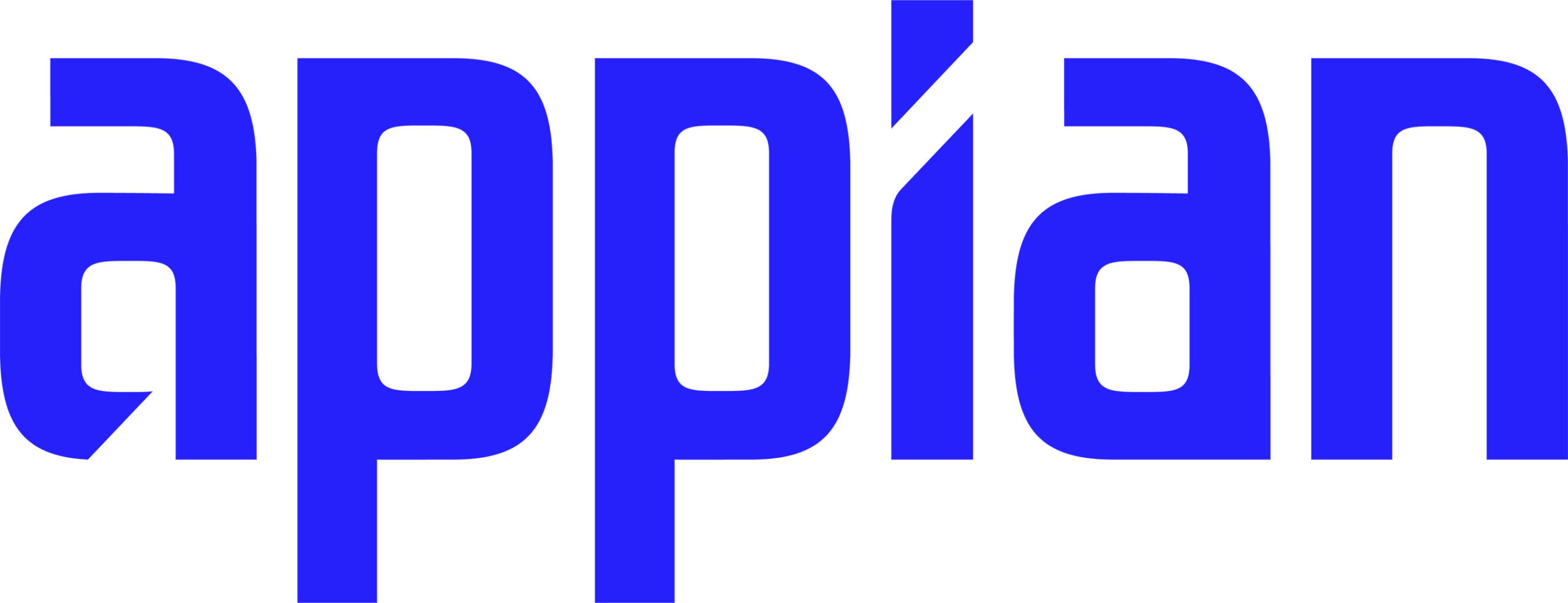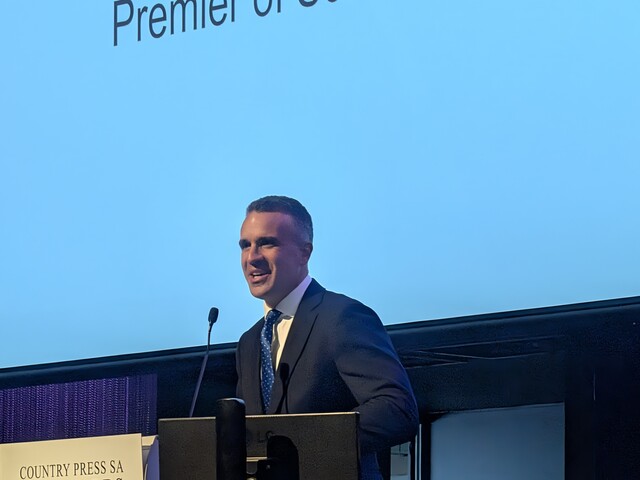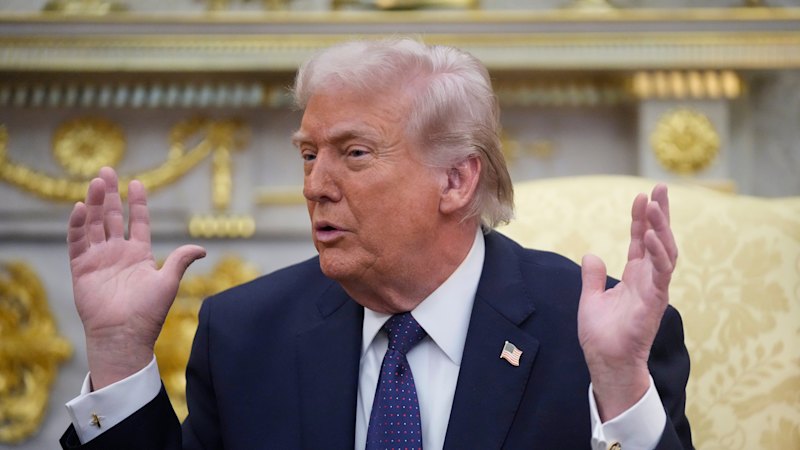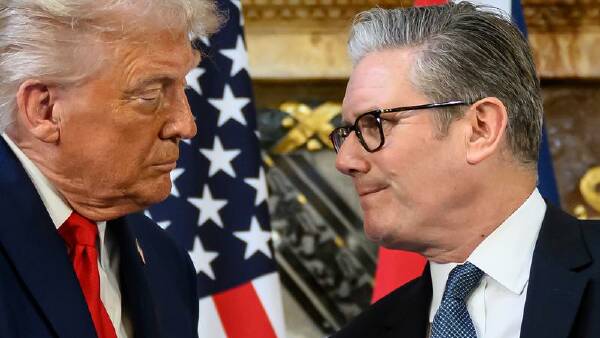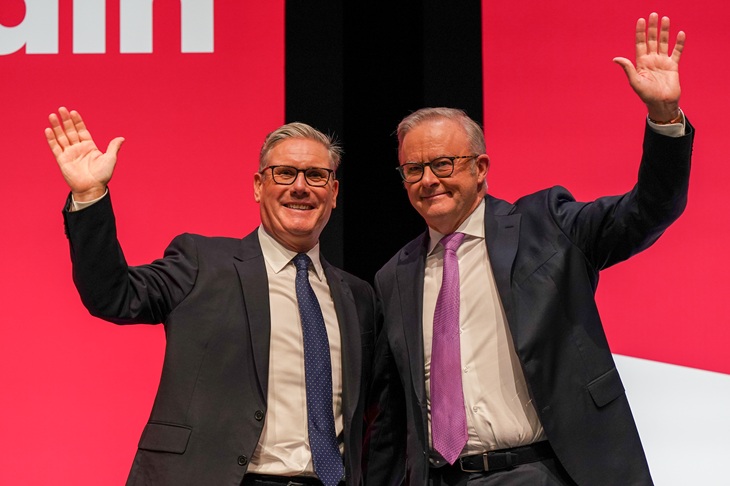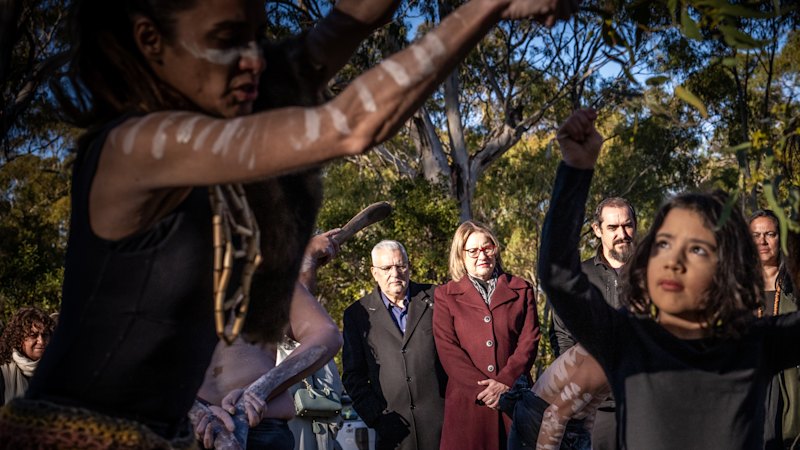
The Victorian government has reached an in-principle agreement to establish an elected Aboriginal body with the authority to question ministers and hold public hearings. This historic development comes after statewide treaty negotiations between the First Peoples and the Allan government. The First Peoples’ Assembly of Victoria ratified the agreement on Friday, marking a significant milestone in the decades-long pursuit of greater Aboriginal self-determination.
Legislative Steps Towards Implementation
Legislation to formalize this agreement is expected to be introduced in the state parliament as early as next week, pending cabinet approval. If passed without major amendments, this treaty will be the first lawful agreement between an Australian state or Commonwealth government and traditional owners since European settlement. A ceremonial signing is anticipated later this year.
The proposed assembly will be operational by mid-2024, following new elections to determine its composition. Co-chair of the First Peoples’ Assembly, Rueben Berg, emphasized that this body will possess defined consultative, decision-making, and accountability powers. Its mandate extends beyond monitoring Victoria’s Closing the Gap performance to include oversight of the Yoorrook Justice Commission recommendations and other relevant government policies.
Berg stated, “When it is just left in the hands of government, we have seen the status quo and that it doesn’t deliver the outcomes that we need.” He reiterated the importance of establishing a First Peoples-led body that operates independently of government oversight.
Assembly’s Role and Future Challenges
The assembly will have the authority to monitor and evaluate government-funded programs affecting First Peoples, a role that far exceeds the advisory capacity proposed for the Voice to federal parliament, which was rejected in the recent referendum. While the assembly will not have coercive powers to compel testimony from government officials, it will conduct public “engagement hearings.” These forums are designed for representatives to scrutinize government policies and advise on better program designs.
“It is not just about being able to say, ‘This is no good’; it is saying ‘This is what we recommend should be happening,’” Berg added.
A senior government official involved in the treaty negotiations, who spoke on condition of anonymity, remarked that the engagement hearings aim to overcome bureaucratic obstacles. “Our First Peoples don’t want the political answers; they want genuine conversations with ministers and secretaries of departments,” the official stated.
One of the assembly’s initial objectives will be to eliminate administrative barriers for Aboriginal service providers. These barriers often require overlapping reports to multiple government agencies, hindering their operational effectiveness.
The accountability framework for this assembly draws inspiration from a similar model in South Australia, where First Nations representatives and government officials collaboratively oversee the state’s performance in health, education, and employment. This aligns with a recommendation from the Productivity Commission for all states and territories to establish Aboriginal-led mechanisms for monitoring progress.
Under the terms of the in-principle agreement, the assembly will also be consulted on any proposed legislation aimed at First Peoples before it is introduced to parliament. This requirement is likely to spark significant debate when the legislation is presented.
The current negotiations for this in-principle agreement began in November 2022. The assembly’s decision-making powers will focus on areas of unique Aboriginal interest, including water trading, the determination of Aboriginality, and the sanctioning of traditional names for commercial use.
Victorian Minister for Treaty and First Peoples, Natalie Hutchins, expressed gratitude towards the First Peoples’ Assembly for their leadership during the negotiations. “If you listen to the people directly affected by policies, you get better outcomes – that’s common sense,” she said, reinforcing the need for the treaty to reflect the voices of Aboriginal Victorians.
Opposition Leader Brad Battin criticized the treaty focus, suggesting it reflects “misplaced priorities” amid pressing issues such as violent crime and childcare. He stated, “The Liberals and Nationals don’t support a treaty or Jacinta Allan’s Voice to parliament. We want to address disadvantage, not create new bureaucracies and divide Victorians.”
The tabling of the treaty legislation is anticipated to rekindle public discourse similar to that surrounding the Voice referendum. Nonetheless, both the state government and the First Peoples’ Assembly hope to finalize the treaty and establish the new assembly prior to the state election in November 2024, aiming to mitigate any potential backlash.
As the First Peoples’ Assembly of Victoria continues to navigate the final stages of the treaty process, the leadership remains committed to establishing a framework that will foster ongoing dialogue and collaboration between Aboriginal communities and the government.
